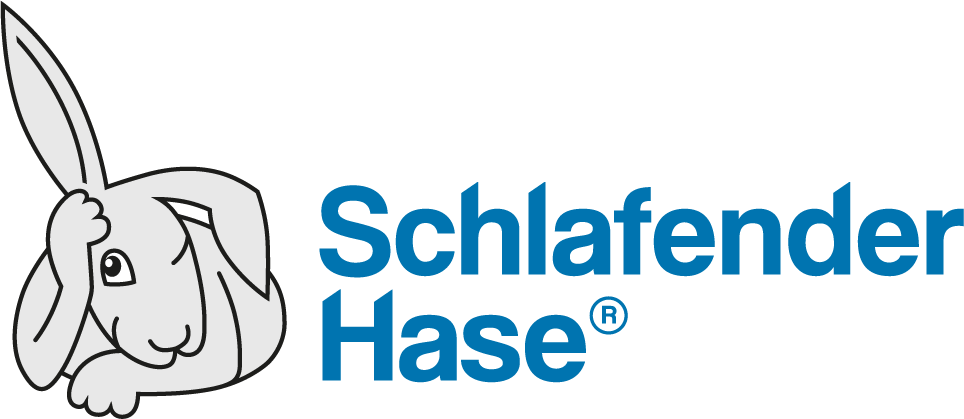1. 1997 – Wyeth-Ayerst Labs / American Home Products Corporation’s Fen-Phen (fenfluramine/phentermine) – $21 billion in losses
Though the FDA had approved the separate components of the popular appetite suppressant, the combination never received approval before hitting the market and led to one of the historically largest product liability payments.
2. 2004 – Merck’s Vioxx (rofecoxib) – $8.9 billion in losses
After 5 years on the market, the drug was discovered as leading to increased cases of stroke & heart attacks. Almost $5 billion was awarded as settlement to patients using the drug, while legal fees continued to plague the company even up until last year.
3. 2010 – Genentech / Roche’s Avastin (bevacizumab) – $7.1 billion in losses
Though Avastin is still used to treat cases of colon, lung, kidney and brain cancers, the top-selling cancer drug was no longer approved for breast cancer patients as it was linked to a variety of life-threatening side effects (heart attack or heart failure, high blood pressure, hemorrhage, and even tears in the stomach and intestines).
4. 2005 – Pfizer’s Bextra (valdecoxib) – $3.3 billion in losses
Bextra was approved for arthritis pain and menstrual cramps, however it had later been marketed as able to treat post-operative and other more severe pain when prescribed at higher doses. 3 weeks on the market lead to one of the largest criminal fines in U.S. history, as it was proved taking Bextra was no more effective than ibuprofen and was the cause of several adverse side-effects.
5. 1998 – Roche Laboratories – Posicor (mibefradil) – $2.9 billion in losses
Used to treat high blood pressure and angina, Posicor was pulled off the shelves in 38 countries just one year after being approved by the FDA. Used by 400,000 people worldwide, half of which were in the U.S, this drug caused a toxic interaction with a total of 26 other drugs.
6. 2000 – Warner-Lambert’s Rezulin (troglitazone) – $2.1 billion in losses
It took only 1 year on the market to achieve sales in the billions for this diabetes treatment, however the drug was found to be connected to Hepatitis and fatal liver damage.
7. 2001 – Bayer’s Baycol (cerivastatin) – $1.2 billion lost
After 4 years on the market, the financial damage rose to the billions for the makers of this drug used to lower cholesterol. It was linked to over 50 deaths due to the drug causing rhabdomyolysis, which lead to renal failure.
8. 2008, 2009 & 2010 – Johnson & Johnson’s / McNeil – Various Drugs & Medical Devices– $900 million into the billions lost
J&J watched their stock prices tumble as the company suffered from a string of recalls over several consecutive years. The recalls ranged from complaints of mildew smell coming from a variety of their drugs containers to labelling typos, as well as for replacement hips, pre-filled syringes and contact lenses. In 2010 more than 100,000 bottles of their children medication was recalled due to a smell of mold and/or metal particles found in containers as well as irregular amounts of active or inactive ingredients.
9. 1982 – Johnson & Johnson’s Tylenol (acetaminophen) – $665 million lost
The NY Times states the tragedies resulting from cyanide being added to bottles of Tylenol caused the first voluntary recall in U.S. history. Even though the manufacturer was not at fault, they recalled 3 million bottles.
10. 2005 – Able Laboratories’ – Generic Prescription Drugs – $103 million lost
Unlike the companies listed above, Able Labs could not recover from the severity of their recalls. Non-controlled manufacturing environments, fraud & misbranding bankrupted this company who annually had been grossing in the hundreds of millions from their popular generic brands.
According to Q1 2017 Pharma Recall Trends report, 18.1% of recalls were due to labelling errors.





